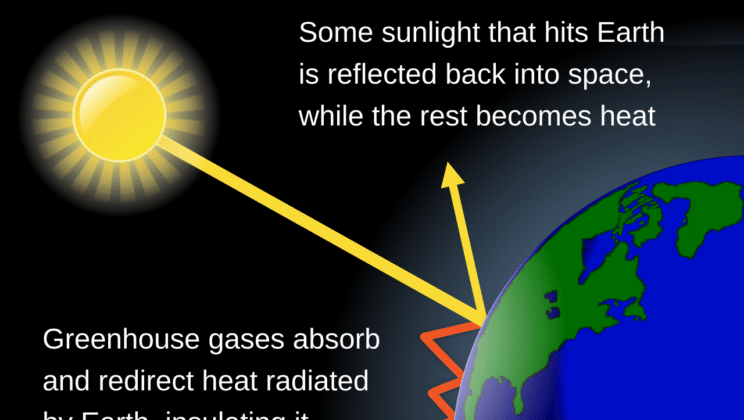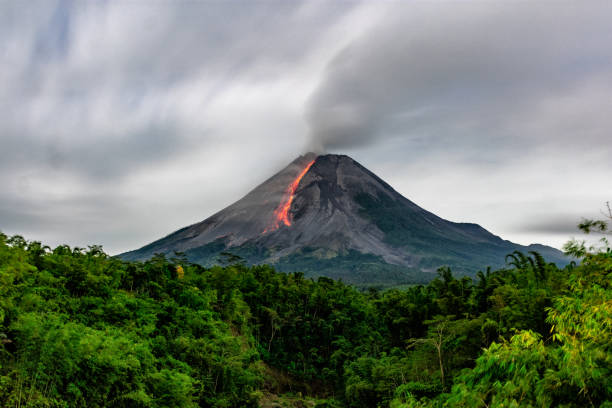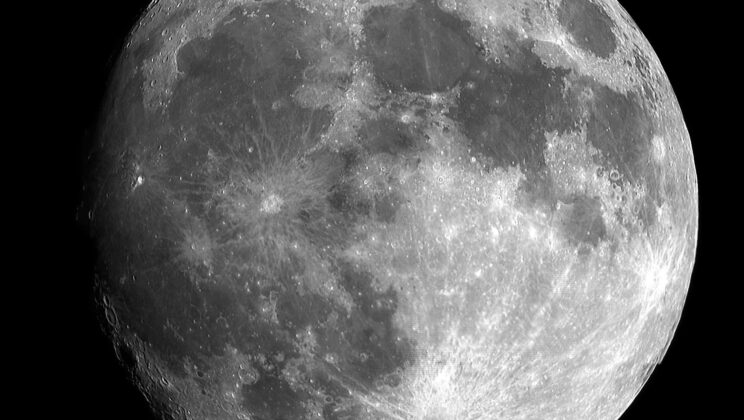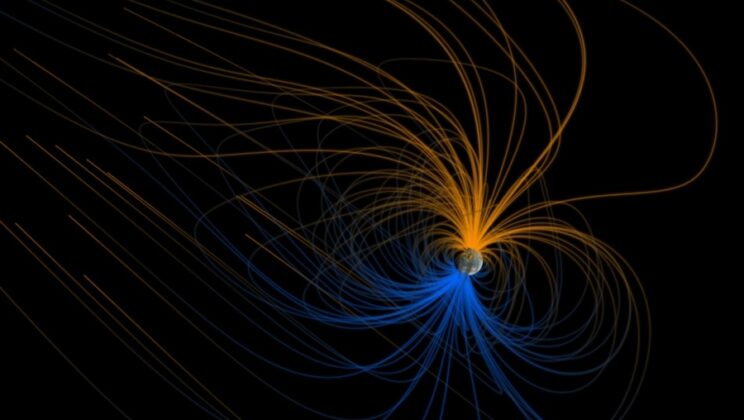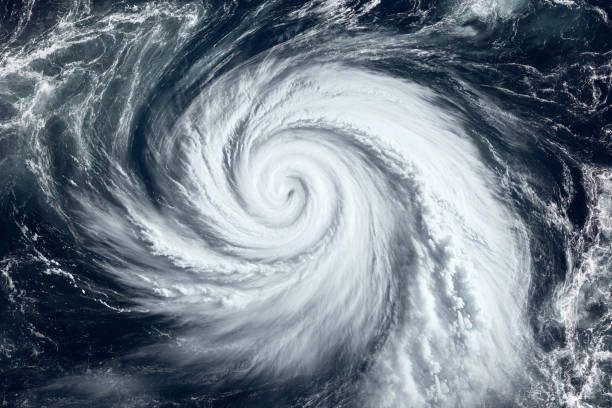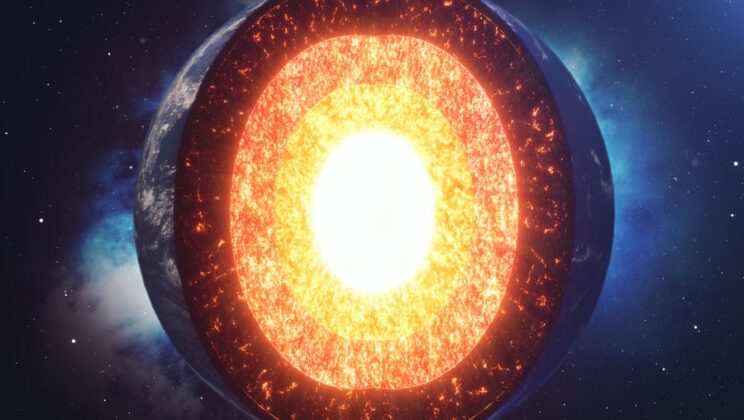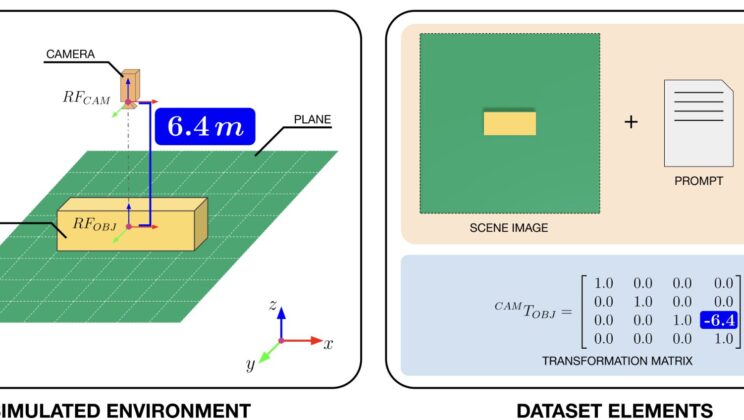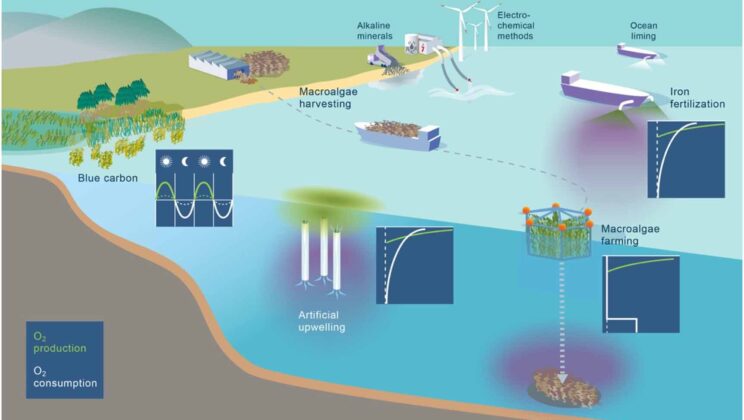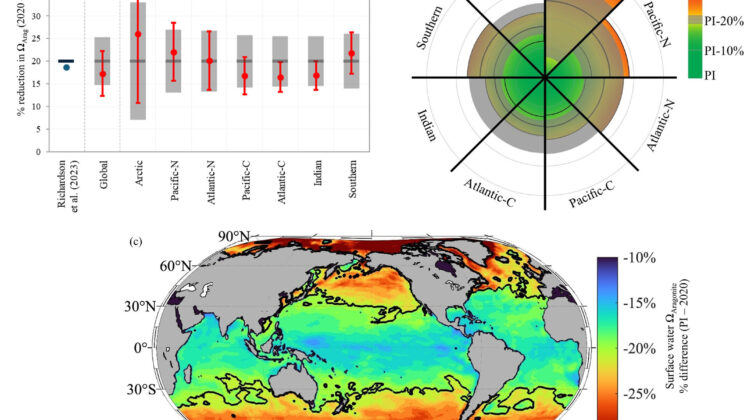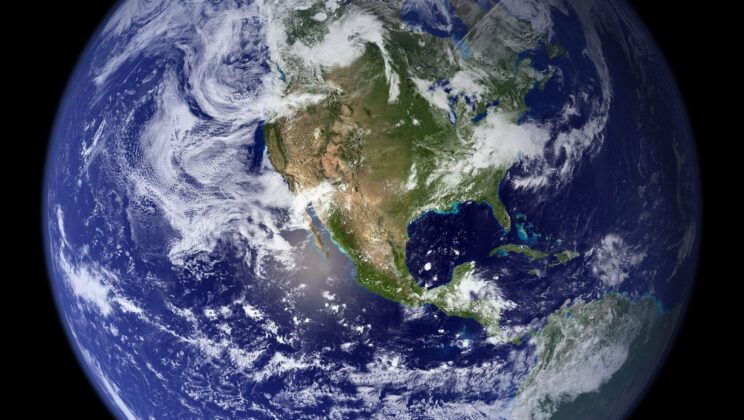On a pale blue planet, swirled with clouds and wrapped in oceans, life breathes through an invisible dance of gases.…
Author: Muhammad Tuhin
The Role of Volcanoes in Shaping Earth’s Surface
Beneath your feet, even now, the Earth simmers. We walk on a planet born in fire, shaped by titanic forces…
How the Moon Affects Earth’s Tides and Weather
On a calm night when the sky is clear and the stars twinkle like diamonds on a velvet canvas, the…
Why Earth’s Magnetic Field Is Critical for Life
It’s easy to take Earth for granted. The blue skies, the gentle winds, the warm sunrays that grace our skin…
The Science of Earthquakes: How Seismologists Predict the Unpredictable
It begins with a whisper—so subtle, so faint, that only the Earth itself can hear it. Deep beneath the ground,…
How Can We Predict Natural Disasters Using Earth Science?
It often starts in silence. A whisper beneath the ground. A swelling pressure under the sea. A dark swirl forming…
Exploring the Earth’s Core: What Lies Beneath?
Beneath the surface of our familiar world—beyond the mountains, oceans, forests, and cities—lies a place that no human being has…
Scientists Discover the Cell That Tells Muscles How to Heal Themselves
When a storm tears through a house, the rebuilding doesn’t begin until someone clears out the broken beams, shattered glass,…
Pornography Problems and Mental Health Struggles Are Deeply Connected Over Time
In the quiet hours of late-night scrolling or the solitude behind closed doors, pornography use is a near-invisible part of…
Deep Sleep Deficits May Be a Silent Driver of Alzheimer’s Risk
As night falls and the world quiets, our brains begin a shift of their own—a nightly ritual of repair, memory…
Scientists Discover How the Brain Learns to Forget the Irrelevant
When you walk into a crowded café, the scent of espresso, the hum of conversation, the clatter of cups, and…
The Low Carb Diet That Lifts Your Mood
In a world where fad diets rise and fall like seasonal trends, the low-carbohydrate diet has remained a steady staple—praised…
Smart Glasses Are Teaching Robots to Do Household Chores
In a quiet lab at the crossroads of Manhattan and Silicon Valley, a new kind of revolution is quietly taking…
AI Researchers Look Upward to Build Smarter Brain-Inspired Machines
In a world racing to build bigger and more complex artificial intelligence models, a quiet but powerful shift is underway.…
Bladeless Wind Turbines Could Quietly Transform Urban Energy
In a world where steel giants with slicing blades tower over plains and coastlines, capturing the power of the wind…
Teaching Robots to See the World Through Human Eyes
In a sterile, silent corner of virtual space, a single cube rests under the gaze of synthetic cameras. To the…
The Brain’s Secret Weapon Against Neuron Loss
In the quiet chambers of the brain, billions of neurons fire in coordinated harmony, enabling us to think, move, feel,…
Ocean Carbon Fixes Could Make Marine Life Suffocate
In the silent blue beneath the ocean’s surface, life depends on something we rarely associate with water: oxygen. It flows…
Scientists Visualize Hidden Protein Structures That Drive Inflammation and Disease
For the first time, scientists are seeing what was once invisible. Inside the human body, deep within every cell, there…
Light Travels Through a Human Head for the First Time
In a dimmed laboratory in Glasgow, Scotland, a single beam of light did something once believed to be impossible—it passed…
Parts of Earth’s Oceans Have Quietly Crossed a Dangerous Threshold
Beneath the shimmering blue skin of Earth’s oceans, an invisible crisis is unfolding—quietly, steadily, and with consequences as vast as…
Spinning Skies: How Earth’s Rotation Shapes Our Weather
Beneath the stars, our planet spins. Quietly, steadily, without pause. Earth rotates once every 24 hours, a motion so seamless…
